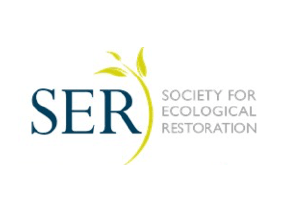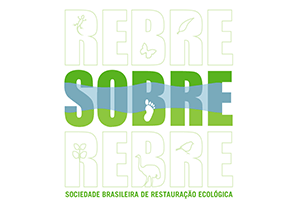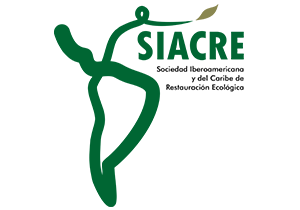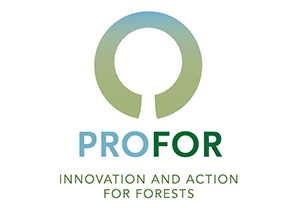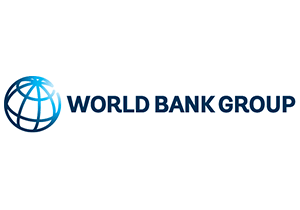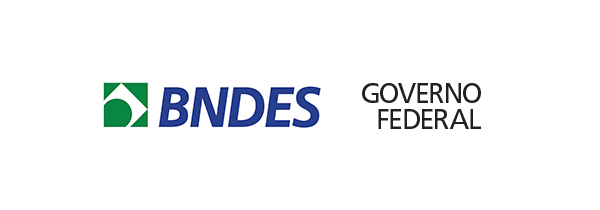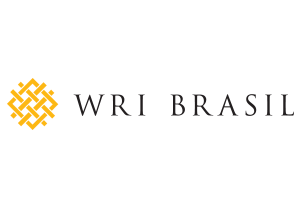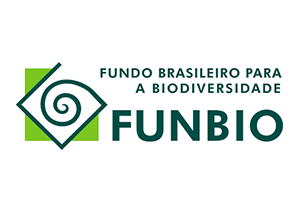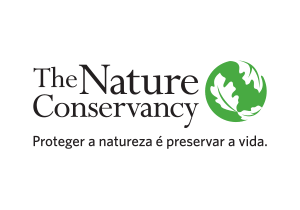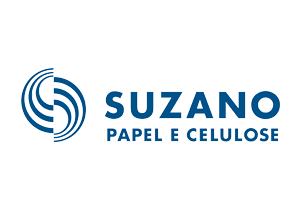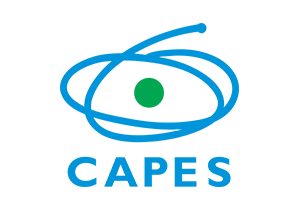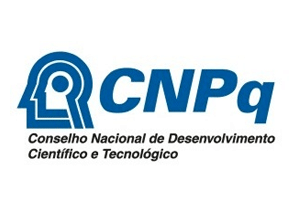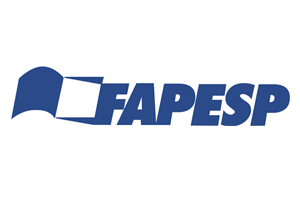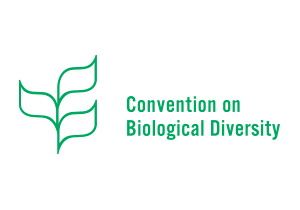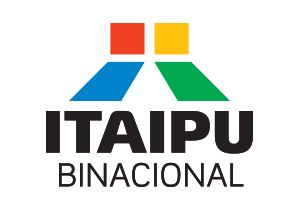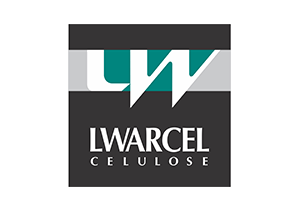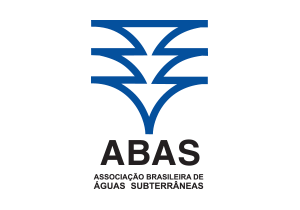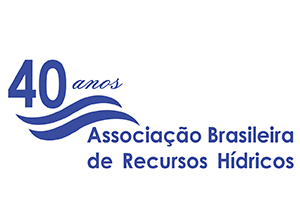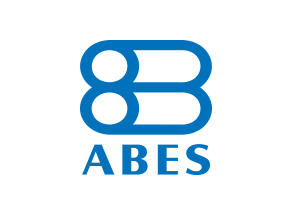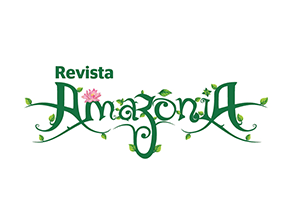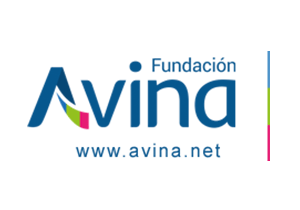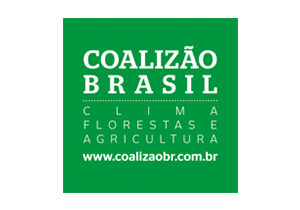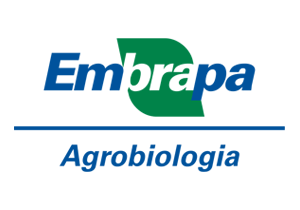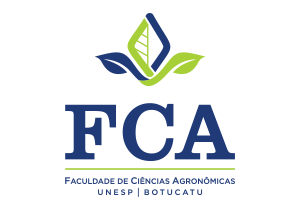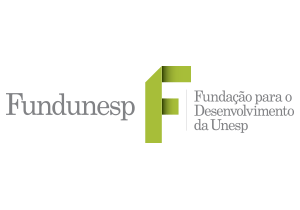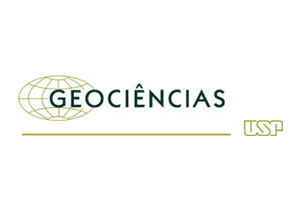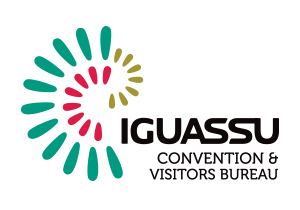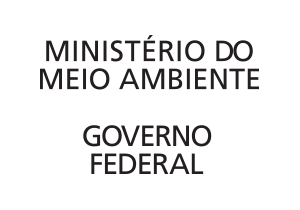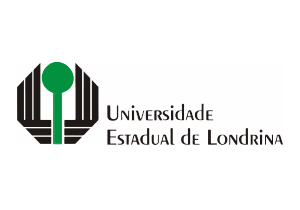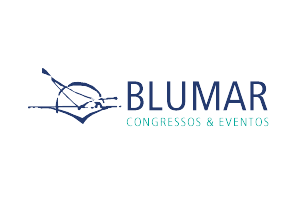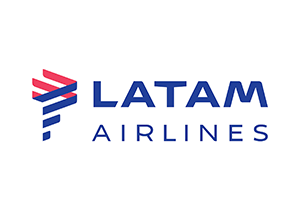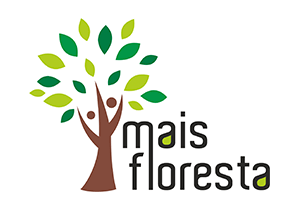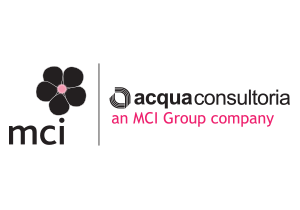Useful resources
- Best Non Gamstop Casinos Uk
- Casino Non Aams
- Casino Sites Not On Gamstop
- Melhores Casinos Online
- Bitcoin Casinos
- Casino Sites Not On Gamstop
- Non Gamstop Casino Sites UK
- Non Gamstop Casino UK
- Non Gamstop Casinos
- Non Gamstop Betting Sites
- Online Casino
- Non Gamstop Casino Sites UK
- オンラインカジノ
- Casino Not On Gamstop
- Casino Not On Gamstop
- Non Gamstop Casinos UK
- Casino En Ligne France
- Non Gamstop Casino Sites UK
- UK Online Casinos Not On Gamstop
- Casinos Not On Gamstop
- Best Betting Sites Not On Gamstop
- Siti Casino Online Non Aams
- UK Casino Sites Not On Gamstop
- Migliori Siti Casino Non Aams
- UK Casino Not On Gamstop
- Casino Non Aams
- Top 10 Casino En Ligne Belgique
- Tennis Paris Sportif
- オンカジ スロット
- 本人確認不要 オンラインカジノ
- казино крипто
- 카지노게임사이트
- Casino En Ligne 2026
- Casino En Ligne 2026
- Casino Non Aams Recensioni
- Nouveau Casino En Ligne France
- Casino En Ligne
- Nouveau Casino En Ligne 2026
- Crypto Casinos Malaysia
- Casino En Ligne
VII World Conference on Ecological Restoration
V Congreso Iberoamericano y del Caribe de Restauración Ecológica
I Conferência Brasileira de Restauração Ecológica
Foz do Iguassu, Brazil | August 27 - September 1, 2017
- About
- SER2017 App
- Program
- Program book (PDF)
- Book of abstracts (PDF)
- Schedule at a glance
- Oral presentations
- Poster presentation
- Information for Presenters
- Keynote Speakers
- Themes
- Call for Abstracts (Closed)
- Call for Proposals (Closed)
- Training courses
- In-conference Field Trips
- Pre-conference Field Trips
- Post-conference Field Trips
- Take Part
- Hotels & Air Travel
- Practical Info
- Sponsors & Exhibitors
- Help Promote SER2017
- About
- SER2017 App
- Program
- Program book (PDF)
- Schedule at a glance
- Book of abstracts (PDF)
- Oral presentations
- Poster presentation
- Information for Presenters
- Keynote Speakers
- Themes
- Call for Abstracts (Closed)
- Call for Proposals (Closed)
- Training courses
- In-conference Field Trips
- Pre-conference Field Trips
- Post-conference Field Trips
- Take Part
- Hotels & Air Travel
- Practical Info
- Sponsors & Exhibitors
- Help Promote SER2017
Call for Proposals
SUBMISSION CLOSED
The SER2017 Organizing Committee is now inviting proposals for symposia, workshops, and training courses to be held at the 7th World Conference on Ecological Restoration from August 27 to September 1, 2017 in Foz do Iguaçu, Brazil. All proposals must be submitted through the online form provided below and must be received no later than January 10, 2017. Early submissions are highly encouraged, and reviews will be conducted on a rolling basis.
Please carefully review the information below to aid your planning. You can direct any questions to [email protected].
1. Overview
2. Evaluation Process and Criteria
3. Organizer Responsibilities
4. Proposal Submission Guidelines
5. Important Dates and Deadlines
6. Cancellation Policy
7. Online Proposal Submission Form
1. Overview
Conference attendees are warmly invited to contribute their knowledge and expertise to the SER2017 conference program by organizing a symposium, workshop or training course. A description of each of these activities follows.
Symposia: A typical symposium gathers 4-6 speakers and provides a well-integrated synthesis of a given topic or theme with broad applicability and appeal for the field of ecological restoration. Symposia are expected to present innovative and/or interdisciplinary approaches to restoration science or practice, and to make significant contributions to advancing current understandings of the ecological, social or cultural dimensions of restoration. Symposia will be held concurrently with regular sessions of the SER2017 conference program and will each be allocated a total of 2 hours. They can be structured as a series of formal talks or as a moderated panel discussion allowing for greater audience participation.
Workshops: Workshops are small, focused sessions emphasizing audience participation and group discussion. They are often led by a single organizer/facilitator, or a small group of facilitators, and aim to generate analysis and knowledge exchange around specific goals, challenges, problems, gaps, etc. In some cases, workshops may be intended to produce a specific outcome, such as an article or publication, a topical working group, or other ongoing collaboration. Like symposia, workshops will be held concurrently with regular sessions and will each be allocated a total of 2 hours. Organizers will have considerable flexibility to structure this time as they see most productive given their goals and objectives.
Training Courses: Training courses focus on practical applications and capacity-building and are intended to impart specific technical knowledge, skills or methodologies. They are not intended as a forum for the presentation of research papers. Training courses will be held on the Saturday and Sunday prior to the conference, 26-27 August, and will generally run for one full day (e.g. from 09:00-17:00). Some exceptions may be made on a case-by-case basis for longer courses requiring two or even three days. Course programming and structure is determined by the instructor(s); however, the SER2017 Organizing Committee will play a role in determining minimum and maximum enrollments and other details of the course that may have financial and/or logistical implications for the conference. Courses will require a registration fee over and above the cost of conference registration, and will be open to all conference attendees on a first-come, first-served basis.
2. Evaluation Process and Criteria
All submitted proposals will be peer-reviewed by at least two members of the SER2017 Program Committee. Reviewers will each forward a recommendation to accept the proposal, conditionally accept it pending minor corrections, or to reject it. The Program Chair will receive these recommendations and make a final decision regarding the acceptance of all proposals-in consultation with the SER2017 Organizing Committee as may be required.
All reviews will take place in January after the Call for Proposals closes. Acceptance letters will be sent by January 31, 2017 to allow organizers sufficient time to finalize programming, coordinate with speakers, and seek any institutional support that might be required.
Proposals will be evaluated based on the following criteria:
- Scientific merit, with emphasis on new research results, cutting-edge developments, novel perspectives, and innovative or interdisciplinary approaches
- Clear relevance to the field of restoration and its ecological, social and/or cultural dimensions
- Broad applicability for restoration professionals working in a variety of contexts
- Submission of a complete and compelling proposal, including a draft program for the symposium, workshop or training course being proposed
- Likelihood of a successful event, as indicated by a large proportion of confirmed speakers in the case of symposia, and funding or institutional support in the case of workshops and training courses
Two additional criteria will be used to evaluate symposium proposals:
- Integrated treatment of the topic, such that presentations go beyond individual case studies and contribute to a cohesive, overarching synthesis
- Thematic relevance, with higher priority given to symposia that demonstrate a connection to the conference theme: Linking Science and Practice for a Better World
For training courses, budgetary and financial considerations will also factor into the review. Upon tentative acceptance of course proposals by the Program Committee, the SER2017 Organizing Committee will calculate the estimated cost of offering each course, including any financial support requested by the instructor(s), and will determine the viability of these proposals based on the minimum number of participants needed to cover expenses.
All communications concerning the status of your proposal will be directed to the email address provided on the submission form.
3. Organizer Responsibilities
All symposia, workshops and training courses must have a lead organizer who serves as the primary point of contact for SER2017. This person should be readily available by email in the months leading up to the conference and is expected to be present at the event.
Funding: SER2017 will provide meeting space and onsite logistical support for all symposia and workshops. However, the conference is not able to provide any travel or accommodation assistance, registration subsidies or waivers, honoraria, or any other forms of support for the organizers or individual speakers named in any of the proposals. All participants will be required to register and pay for the conference and to cover their own travel expenses. SER encourages both the organizers and speakers of symposia and workshops to seek sponsorship and/or institutional support to help offset the costs associated with their participation at the event.
The conference will also provide meeting space and onsite logistical support for training courses. Course instructors will each receive a complimentary registration for the conference and will be asked on the proposal submission form to indicate any other financial support they may require to successfully organize and deliver their course. The SER2017 Organizing Committee will take these needs into consideration as part of the proposal review process, and will work with the Program Committee to make a final determination as to the acceptance of each training course proposal.
Coordination with speakers: Symposium organizers are responsible for serving as the primary point of contact with their invited speakers and for communicating all updates and changes regarding their session to the participants. They will be expected to ensure that all of their speakers submit abstracts through the online submission form before the specified deadline. Organizers will also need to ensure that all of their speakers register for the conference before the deadline for presenter registration on May 31, 2017. Speakers who fail to register by this date may be excluded from the conference program. Lastly, symposium organizers will be responsible for notifying their speakers in the event that their symposium is cancelled, the program for their symposium changes, the scheduling of their symposium changes, or any other circumstances arise that affect the status of their session.
Scheduling: Once proposals are accepted and the Program Committee begins building the conference schedule, cancellations and changes are disruptive to the planning process. We therefore ask that you only submit a proposal if you are confident you will be able to fulfill your obligation to organize and conduct such an event. For symposium organizers, we ask that you obtain firm commitments from as many invited speakers as possible before submitting your proposal. We also ask that you make sure invited speakers are aware that the symposium could be scheduled at any time during the conference. The Program Committee will be unable to honor special scheduling requests—from organizers or speakers—due to the large number of presenters and sessions it must accommodate, as well as the cascading effect that any changes or special arrangements have on the rest of the program.
Filling gaps: If you are unable to secure enough presenters to complete your symposium or to fill any gaps created by cancellations, the Program Committee may assign an appropriate speaker to your session from the general pool of abstract submissions. The Committee will make every effort to coordinate with you and obtain your approval in the event that this occurs.
4. Proposal Submission Guidelines
All proposals must be submitted through the online submission form no later than January 10, 2017.
Proposals must be submitted in English, the official language of SER2017, regardless of whether you intend to conduct the event in Portuguese or Spanish. Simultaneous translation will be provided at the conference on a very limited basis and will be made available only for select sessions. While we welcome proposals for Portuguese- and Spanish-language symposia, workshops, and training courses—particularly those focusing on topics or themes of special interest to a Portuguese- or Spanish-speaking audience—priority will be given to English sessions in the interest of expanding participation to a wider segment of conference attendees. If you do intend to conduct your session or training course in Portuguese or Spanish, we ask that it be conducted entirely in that language to ensure a worthwhile experience for speakers and audience members alike.
Please note: Organized sessions (i.e. symposia and workshops) will provide the only opportunity to give a presentation in Portuguese or Spanish during the conference. All open sessions (i.e. those comprised of contributed abstracts) will be conducted in English. All poster presentations will also be given in English.
Individuals may only submit one proposal for symposia and workshops, in the interest of opening the conference to wider participation. Delegates interested in organizing a training course in addition to a symposium or workshop are encouraged to contact [email protected] for assistance preparing their submissions. There is no limit to the number of symposia in which an individual may speak.
Each symposium will have an allotted time of two hours (120 minutes). In rare cases, multiple time slots may be granted for a longer symposium at the discretion of the Program Committee. Symposia should include a minimum of four speakers and a maximum of six. For symposia with fewer than six speakers, organizers will be asked to keep presentations on the same schedule as the other concurrent sessions to ensure that conference attendees can see individual talks of interest to them. Any extra time remaining at the end can be used for synthesis and discussion.
Workshops will also have a total allotted time of two hours (120 minutes). Organizers of these sessions will have a great deal of flexibility to use this time however they see best to deliver their program and accomplish their goals—contingent upon review and approval of their agenda by the Program Committee.
Training courses will be scheduled on the Saturday or Sunday prior to the conference (26-27 August) and will generally run for one full day. Exceptions may be possible for shorter or longer courses. The Program Committee will work with instructors on a case-by-case basis to determine the best structure and duration for their course.
Please note: Symposia and workshops may be scheduled at any time during the conference. Except under compelling circumstances, the Program Committee will not be able to accommodate special scheduling requests from organizers or speakers.
Proposal format:
All proposals must include the following information. Incomplete or inaccurate submissions may be rejected.
- Title of the symposium, workshop or training course (50 words max.)
- Abstract – i.e. a brief overview of the objectives for the event, topics to be covered, and relevance to restoration science, practice or policy (250 words max.)
- One-sentence summary of the event (50 words max.)
- Lead organizer (name, institutional affiliation, email address)
- Secondary contact (name, institutional affiliation, email address)
- Draft program for the event
- Symposium: a list of invited speakers including the titles of their presentations and an indication of whether their participation is confirmed
- Workshop: a brief overview of the structure, speakers/presenters, and expected outcomes
- Training Course: a course syllabus detailing topics to be covered, teaching methods to be used, expected learning outcomes, maximum enrollment recommended for the course, and course duration
Additionally, training course instructors will be asked to indicate any financial support they may require to successfully organize and deliver their course, as well as any materials or logistical arrangements they will need.
You will receive an automated confirmation message upon submission of your proposal. If for some reason you don’t receive this confirmation, please contact [email protected] to confirm that your proposal was received. A representative from the Program Committee will notify you by January 31, 2017 as to whether your proposal has been accepted.
5. Important Dates and Deadlines
20 September 2016: Proposal submission period opens
06 January 2017: Abstract submission period opens
10 January 2017: Deadline for proposal submissions
31 January 2017: Final batch of proposal acceptance notices sent
15 February 2017: Early registration opens
20 March 2017: Deadline for abstract submissions
20 April 2017: Final batch of abstract acceptance notices sent
31 May 2017: Deadline for presenter registration
6. Cancellation Policy
Please do not submit a proposal unless you are confident that you will be able to fulfill your obligation to organize and conduct such an event. Once a symposium, workshop or training course has been accepted, scheduled and communicated to attendees, it imposes a serious burden to cancel it and potentially precludes other events from being selected.
If extenuating circumstances force you to cancel your event, we ask that you notify us as soon as possible so we can reorganize the conference schedule and make alternative arrangements.
If an individual presenter from your session cancels or fails to register for the conference before the deadline, we ask that you attempt to find another speaker to replace them. If necessary, the Program Committee may be able to assist you in identifying an appropriate speaker from the pool of submitted abstracts. If the cancelled speaker has not been replaced before the conference program is finalized in June 2017, the Committee reserves the right to assign an appropriate speaker to your session.
7. Online Submission Form
The form will be available starting October 26, 2016.

